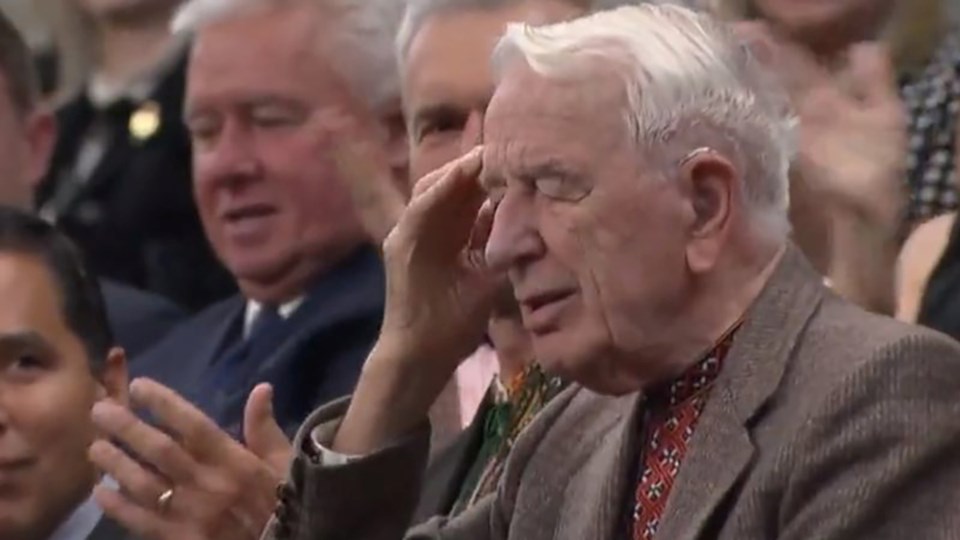To the editor:
I'm writing this letter, to try and put some perspective on Yaroslav Hunka, the man who is central to the furor that has caused Anthony Rota to resign as Speaker of Canada's House of Commons.
See: Rota resigns!
And: Prayers for the end of the Russian-Ukraine crisis at Peace Vigil in North Bay
Assuming that the biographical information I could find online is basically correct, it would seem that as a young man of 18, Hunka joined a German military unit. In his own words, he joined the Ukrainian underground "to fight Russia, so I was fighting the same people they're fighting now."
From the story that appeared in the National Post, there are three excerpts that are relevant. One states that the division’s soldiers had volunteered “not because of a love of the Germans but because of their hatred for the Russians and the Communist tyranny.” and that the "Galicia Division recruits may have been attracted by the idea of eventually seeking a sovereign Ukraine through force."
It then goes on to comment that "Ukrainians had plenty of reasons to resist Soviet rule; the region was only a few years removed from a Moscow-engineered famine now recognized by Canada as an act of genocide against the Ukrainian people."
It seems as if Hunka emigrated to Canada in 1954. That being the case, he was admitted nine years after the end of WW2, so the processing of his application would not have been part of the overwhelming volume of applications that would have been the case a little under a decade earlier.
My point is that we should assume that his case for admittance would have been well scrutinized, and as a result, he was granted entry. From what I have read, it would seem that Hunka settled in Toronto, raised a family there, and was active in the Ukrainian community.
As far as I am aware, there have been no accusations of personal wrongdoing or concealment of facts that would support that his admission into Canada was in any way fraudulent.
With that in mind, it seems to me that the picture we can see is one of a young patriotic Ukrainian man, caught up in the fog of war, and forced to make a decision as to which side represented a greater threat to his homeland.
Can we say with conviction that if any of us had to make a similar decision it would have been easy?
Which side was the greater enemy?
Is it different today?
Significant questions. And especially so, given the following statement published by the Canadian Prime Minister's office just four days ago following the visit by the Ukrainian President "to showcase Canada’s ongoing solidarity and unwavering support for Ukraine as it continues to defend itself against Russia’s war of aggression."
The more things change, the more they stay the same.
Ian T Saunders



